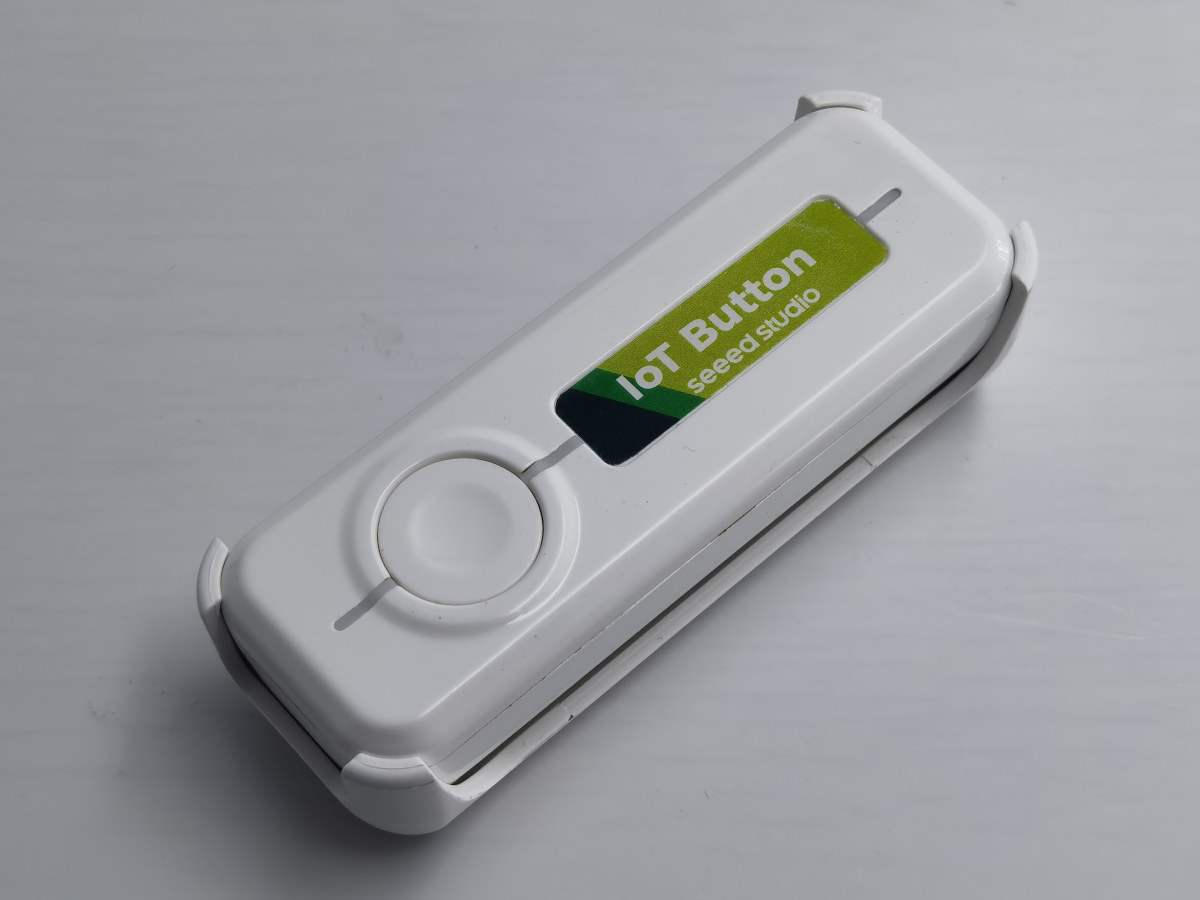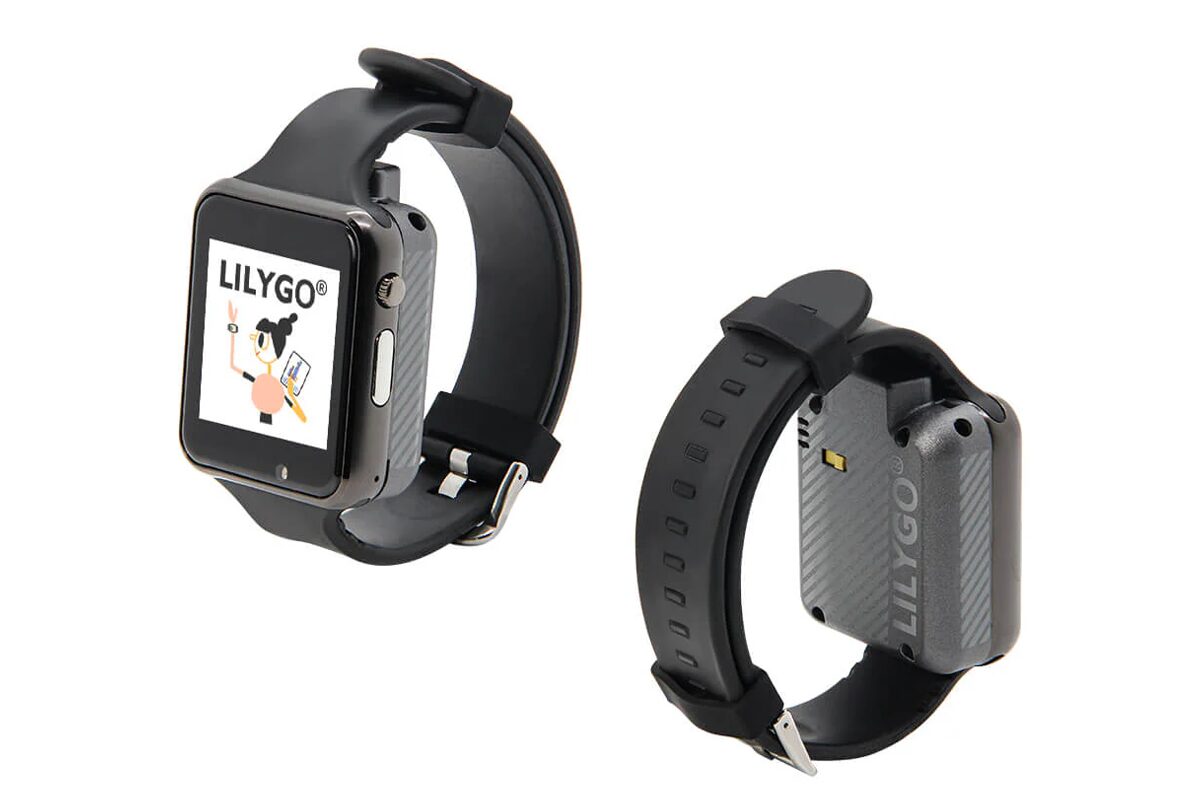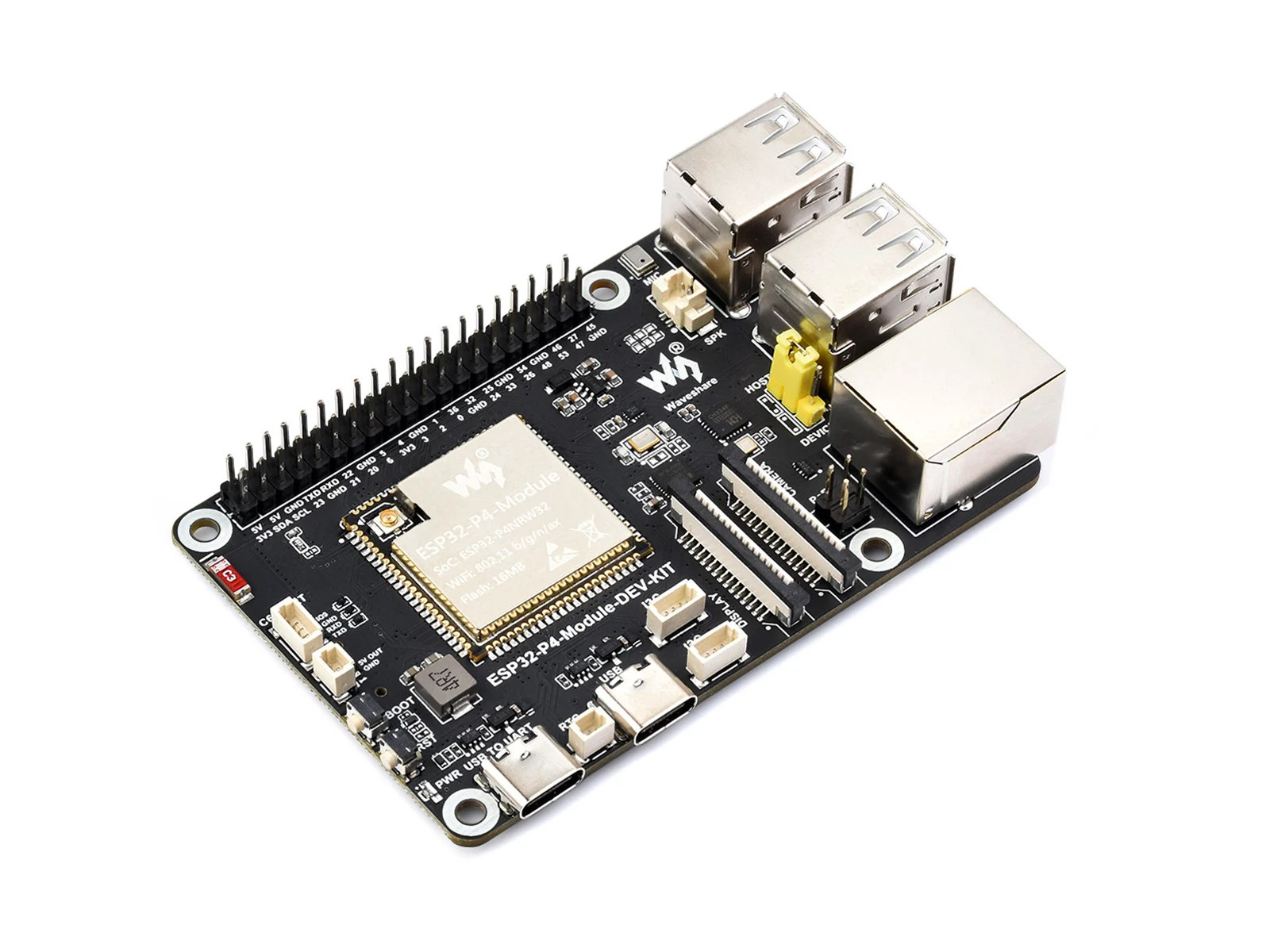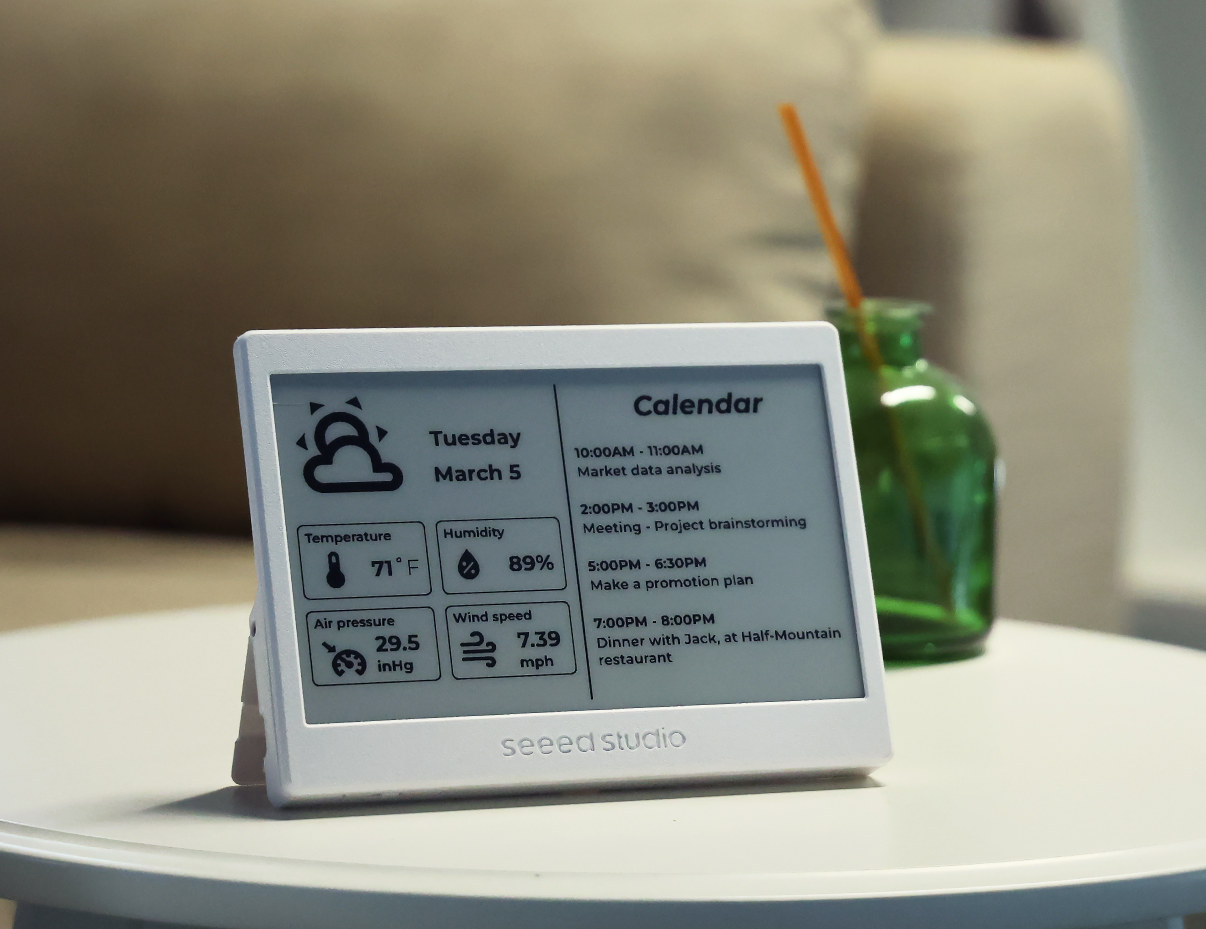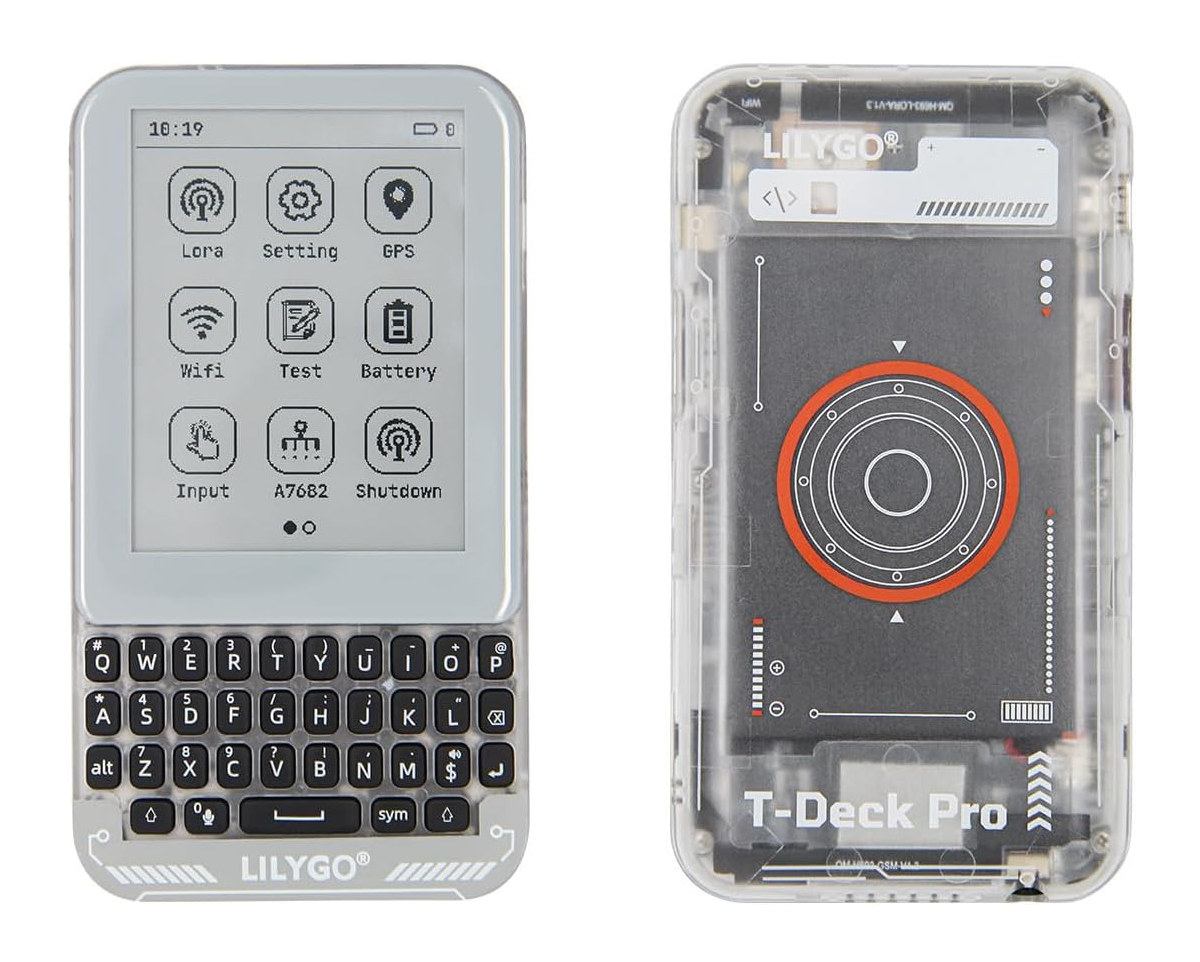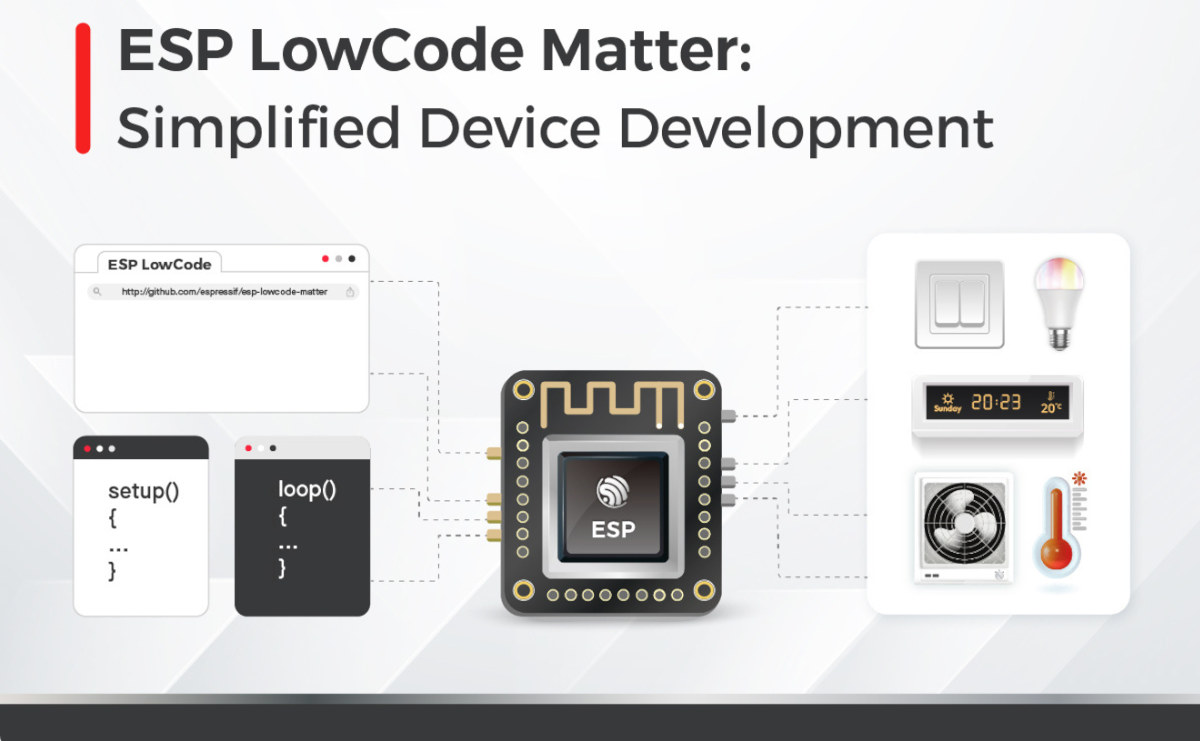Seeed Studio IoT Button is an inexpensive ESP32-C6 button powered by a rechargeable 18650 battery and designed to easily and quickly control Smart Home devices over WiFi 6 or Zigbee wireless protocol. It will be especially handy to Home Assistant users since the device is pre-flashed with ESPHome firmware for easy integration (over WiFi), and the company also provides a Zigbee firmware for Zigbee Home Assistant (ZHA) integration. The hardware is pretty basic with a button, three LEDs, and a USB-C port for charging the replaceable 18650 battery. Seeed Studio IoT Button specifications: SoC – ESP32-C6FH4 CPU Single-core 32-bit RISC-V clocked up to 160 MHz Low-power RISC-V core @ up to 20 MHz Memory – 512KB SRAM, 16KB low-power SRAM Storage – 320KB ROM, 4MB flash Wireless – 2.4 GHz WiFi 6, Bluetooth 5.0 LE/Mesh (somehow not used here), 802.15.4 radio for Zigbee 3.0 and Thread. Matter compatible. USB – […]
T-Pico-2350 is a fully integrated devkit with Raspberry Pi RP2350, ESP32-C6, 2.33-inch color touchscreen display, and HDMI video output
LILYGO T-Pico-2350, also called the T-Pico2, is a fully enclosed devkit based on Raspberry Pi RP2350 MCU, an ESP32-C6 SoC for wireless connectivity, a 2.33-inch capacitive color touchscreen display, and an HDMI (DVI) video output port. The design is an update to the T-PicoC3 introduced in 2022 with the case design of the T-Display S3 Pro, and the devkit also features a microSD card slot, a USB-C port for power and programming, two GPIO headers, a 13-pin GPIO FPC connector, two Qwiic I2C/UART connectors, and a PMU for battery management. T-Pico-2350 specifications: Microcontroller – Raspberry Pi RP2350A CPU Dual-core Arm Cortex-M33 @ 150 MHz with Arm Trustzone, Secure boot OR Dual-core RISC-V Hazard3 @ 150 MHz Up to two cores can be used in any combination Memory – 520 KB on-chip SRAM Storage 16MB SPI flash connected to RP2350 MicroSD card slot Display – 2.33-inch color IPS LCD (ST7796S SPI […]
Antenna hack more than doubles the range of cheap ESP32-C3 USB-C boards
There are plenty of small ESP32-C3 IoT boards with a USB-C connector on the market, and while they all look very similar, antenna designs differ, and less thought-out ones may severely impact the WiFi and Bluetooth range. Peter Neufeld decided to hack one of those cheap ESP32-C3 boards by adding a custom antenna, and this resulted in the board having more than twice the range and almost three times in some cases. Those tiny boards are cramped, so there’s very little space around the ceramic antenna typically used, leading to poor RF performance. To work around that issue, Peter added a 31mm long antenna made of silver-plated wire, making a loop of about 8mm in diameter outside of the board and soldered on the ceramic antenna’s solder joints, and the rest of the wire (about 15mm) points upwards. As you can see from the photo above, he didn’t remove the […]
LILYGO T-Watch S3 Plus smartwatch gets GPS and 940mAh battery
LILYGO has recently introduced the T-Watch S3 Plus, an ESP32-S3 smartwatch which can be considered an upgrade from the previous generation T-Watch S3, adding a u-blox MIA-M10Q GPS and a larger 940mAh LiPo battery for extended battery life. The T-Watch S3 Plus smartwatch still supports Wi-Fi, Bluetooth LE, and LoRa connectivity, and integrates a 1.54-inch 16-bit full-color TFT LCD display with capacitive touch and a wide-viewing angle. The smartwatch also features an infrared (IR) transmitter that can be used for remote control or proximity detection. T-Watch S3 Plus specifications Wireless MCU – Espressif Systems ESP32-S3 CPU – Dual-Core 32-bit Tensilica LX7 @ up to 240 MHz with vector instructions for AI/ML acceleration Memory – 512KB SRAM, 8MB PSRAM Storage – 16MB flash, 384KB ROM Wireless – Wi-Fi 4 and Bluetooth 5 LE/Mesh Display – 1.54-inch 16-bit full color TFT LCD display with 240×240 resolution, capacitive touch; ST7789V SPI controller Audio – […]
ESP32-P4 credit card-sized board features Ethernet, WiFi 6, four USB ports, 40-pin GPIO header, MIPI DSI and CSI connectors
Waveshare ESP32-P4-Module-DEV-KIT credit card-sized board may look like a Linux-powered Raspberry Pi SBC, but instead, it’s based on an “ESP32-P4-Module” comprised of a 400 MHz Espressif ESP32-P4 RISC-V general-purpose microcontroller, an ESP32-C6 “co-processor” for WiFi 6 and Bluetooth 5, and a 16MB SPI NOR flash. Designed for HMI applications, the board offers MIPI DSI and CSI connectors, as well as a 100Mbps Ethernet RJ45 jack, four USB 2.0 ports, a 40-pin GPIO header, and more. It basically integrates the same ports as a Raspberry Pi SBC minus HDMI, but relies on a microcontroller instead of a Linux-capable application processor. Waveshare ESP32-P4-Module-DEV-KIT specifications: ESP32-P4-Module Microcontroller – ESP32-P4NRW32 MCU Dual-core RISC-V microcontroller @ 400 MHz with AI instructions extension and single-precision FPU Single-RISC-V LP (Low-power) MCU core @ up to 40 MHz GPU – 2D Pixel Processing Accelerator (PPA) VPU – H.264 and JPEG codecs support Memory – 768 KB HP L2MEM, […]
Seeed Studio XIAO 7.5″ ePaper panel supports ESPHome firmware, Arduino programming
Seeed Studio XIAO 7.5″ ePaper Panel interfaces an XIAO ESP32-C3 USB-C board and mainly targets the Smart Home market with support for ESPHome, but the monochrome ePaper display is also programmable with the Arduino IDE for a wider range of applications. The display offers a resolution of 800×400 and includes a 2,000mAh battery good for three months per charge with updates every 6 hours. Seeed Studio says the display can operate in the -40°C to 85°C temperature range, so it would be suitable for outdoor use as long as it’s not exposed to rain or dust. The USB-C port of the ESP32-C3 module and the Boot and Reset buttons are easily accessible for charging the display and programming it. XIAO 7.5″ ePaper Panel specifications: Wireless module – XIAO ESP32C3 SoC – Espressif Systems ESP32-C3 CPU – Single-core RISC-V microcontroller @ 160 MHz Memory/Storage – 400KB SRAM, 384KB ROM, 4MB flash […]
LILYGO T-Deck Pro – An ESP32-S3 LoRa messenger with e-paper touch display, keyboard, and 4G LTE or audio codec option
LILYGO T-Deck Pro is a LoRa messenger based on an ESP32-S3 WiFi 4 and Bluetooth 5.x SoC, and offered with a 3.1-inch e-paper display with touchscreen, a Blackberry-like QWERTY keyboard, a GPS module, speaker, microphone, and a 3.5mm audio, as well as IMU and light sensors. It builds upon the T-Deck Plus design, but replacing the 2.8-inch IPS display with a 3.1-inch e-paper display allows for a slimmer design and should offer longer battery life despite the smaller 1,400 mAh battery used in the new model. Two versions of the T-Deck Pro are available: one with a Simcom 4G LTE modem and a cheaper one with a PCM5102A audio codec. LILYGO T-Deck Pro specifications: SoC – ESP32-S3FN16R8 CPU – Dual-core Tensilica LX7 microcontroller @ up to 240 MHz 2.4 GHz 802.11n WiFi 4 and Bluetooth 5.0 LE connectivity Memory – 8MB PSRAM Storage – 16MB SPI flash Storage – MicroSD card […]
ESP LowCode Matter splits system and application firmware for simpler ESP32 device development
Espressif released the ESP ZeroCode web application in the summer of 2023 to create custom Matter-certifiable firmware for ESP32 targets. However, if your application requires some more customization, but you don’t have the budget or need for a software engineering team, the company has now launched ESP LowCode Matter. It retains most of the simplicity of ESP ZeroCode, but also provides the ability to further customize the application without having to use the ESP Matter SDK, which requires more advanced coding skills to build your own firmware. The ESP LowCode Matter divides firmware into two components to simplify the development, maintenance, and certification process: System Firmware – Managed by Espressif, handling the Matter protocol, wireless stacks, OTA updates, and security management. Application Firmware – Developed by device makers, focusing on hardware interfacing, event and state indication, and user interaction. Development is done right in the web browser thanks to VS […]


